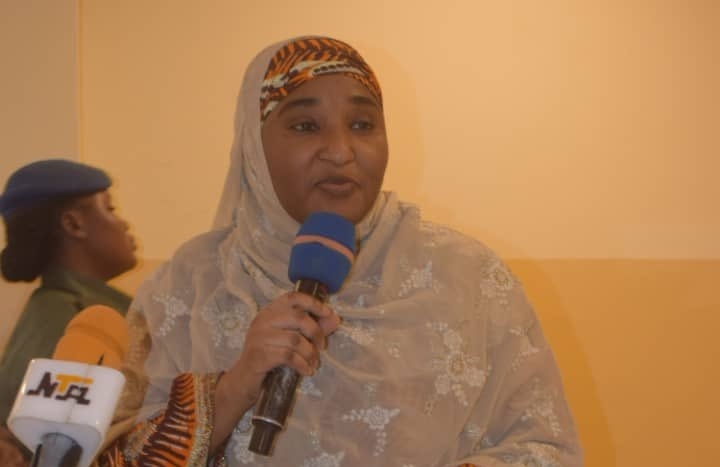
It makes sense that children of modern times learn about the complexities of computer science sooner rather than later in a world where technological advancements are almost exponential. In 2014, England became the first nation in the world to require that children learn to code at both the primary and secondary school levels. Since then, thousands of computer science teachers have been trained with funding totaling nine figures.
The overall employment of web developers and digital designers is expected to increase by 23% between 2021 and 2031. According to the U.S. Bureau of Labor Statistics, this is much faster than the average for all occupations.
Everyone can learn to code at any age, even as young as five. Coding is a universal language and a survival skill for the twenty-first century, which makes it one of the most in-demand specialisations to have.
Stanislav Fedorov is a seasoned software developer and founder of SensusTech LLC, a company that makes mobile applications that make people’s lives easier. Throughout his career, he has become very interested in teaching coding to young people worldwide to help them learn the skills they need for future economies that focus primarily on tech. He is a firm believer in incorporating coding into global education and assisting children to become confident coders because of the following reasons:
It helps develop logical thinking
Fedorov: Coding helps children develop logical thinking and problem-solving skills by breaking down complex problems into smaller pieces. It teaches them to see problems as improvement opportunities rather than obstacles. This improves their ability to think and solve problems in various areas of life.
Develop confidence
Fedorov: As students learn to code, they will develop confidence and improve their social skills. Through troubleshooting, problem-solving, and creating and refining their own projects, they will naturally boost their self-assurance and self-worth. Additionally, by working with their peers, students will have opportunities to practise communication, cooperation, and teamwork, which can further enhance their social skills.
Creativity is enhanced
Fedorov: Children have the chance to create something enjoyable in a novel and exciting way when they learn to code. Students can create a practical, usable product out of their ideas, interests, and imagination.
Final word
In conclusion, Stanislav Fedorov believes that global education should include coding as it promotes logical thinking, builds confidence, and encourages creativity. Coding is a valuable skill that allows students to develop problem-solving skills and become more self-sufficient in the digital world. By teaching coding in the classroom, students can become more informed about the digital world and gain the skills necessary to succeed in the current and future global marketplace.






